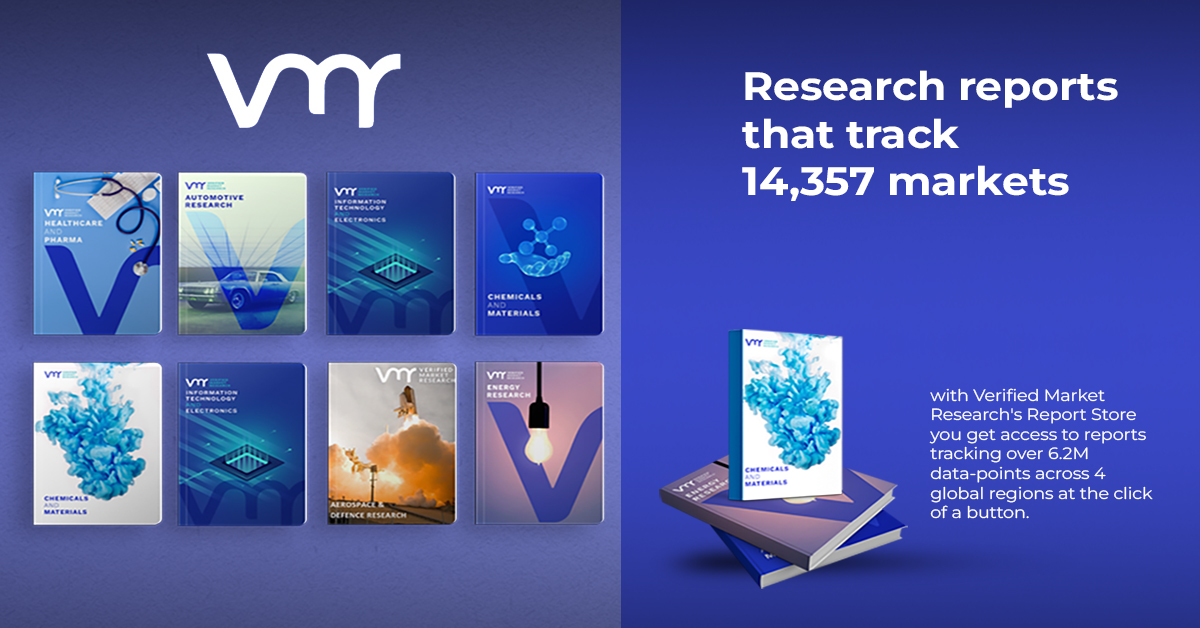The Auto Dealer Accounting Software Market: Key Trends and Developments Driving Transformation in 2024
The Auto Dealer Accounting Software Market is undergoing rapid evolution, driven by technological advancements, market demands, and the need for improved operational efficiency in automotive dealerships. Here’s a comprehensive look at the latest trends, challenges, and opportunities shaping this dynamic industry.
Key Trends Shaping the Market
- Digital Transformation in Dealership Operations The automotive industry is embracing digital tools at an unprecedented rate. Dealerships are leveraging accounting software with capabilities like real-time financial reporting, cloud integration, and advanced analytics. The shift to cloud-based solutions has been particularly notable, offering flexibility, scalability, and enhanced data accessibility. These innovations enable dealerships to manage sales, inventory, and finances seamlessly.
- AI and Machine Learning Integration Modern accounting software for auto dealerships increasingly incorporates AI-driven insights. These technologies automate complex tasks such as tax compliance, fraud detection, and predictive financial analysis. Machine learning also helps dealerships forecast demand, optimize inventory, and enhance customer targeting through actionable financial data.
- Compliance and Security Enhancements With increasing regulatory scrutiny, the need for compliance-focused software has grown. Many dealerships now prioritize solutions that ensure adherence to tax regulations and financial reporting standards. Simultaneously, robust cybersecurity measures are being integrated to protect sensitive financial data.
- Customization and Scalability Auto dealerships have diverse operational needs. Vendors are responding by offering highly customizable and scalable solutions that cater to both small dealerships and large enterprise operations. Features such as modular add-ons for CRM, inventory management, and employee tracking are becoming common.
- Mobile Accessibility Mobile-first approaches are transforming software usage patterns in the industry. Sales and service teams now have access to accounting tools on the go, improving responsiveness and customer engagement. This mobility aligns with consumer expectations for fast and flexible service delivery.
Growth Drivers in the Market
- Rise in Connected Vehicles and Automation: The growing complexity of dealership operations due to connected car technologies and autonomous vehicle management is pushing the demand for sophisticated accounting solutions.
- E-Commerce Integration: Online vehicle sales are driving the integration of e-commerce functionalities in accounting software, enabling seamless financial tracking for virtual transactions.
- Demand for Analytics and Insights: As competition intensifies, dealerships rely on software that offers real-time analytics and actionable insights to optimize profitability.
Challenges Facing Adoption
- Resistance to Change Dealerships accustomed to manual processes or legacy systems often resist adopting modern accounting software. Education and targeted onboarding strategies are needed to overcome this inertia.
- High Implementation Costs The upfront investment required for software purchase, training, and system integration can deter smaller dealerships from upgrading.
- Integration Complexities Compatibility issues with existing tools like CRM and inventory management systems can delay software adoption. Vendors are actively working to offer more seamless integration options.
Impact of COVID-19 on the Market
The pandemic significantly reshaped dealership operations. Lockdowns and social distancing measures accelerated the shift to online sales and digital tools, including accounting software. Remote work functionality, virtual showrooms, and contactless payment systems became critical, underscoring the importance of adaptable, tech-forward solutions.
Regional Insights
- Asia-Pacific Dominance: Countries like China, Japan, and South Korea lead in manufacturing and adopting advanced automotive software. Government initiatives supporting digitalization are further fueling growth in the region.
- North America and Europe: These regions focus on integrating advanced AI and data analytics into dealership operations. The emphasis on sustainability and electric vehicles is also driving innovations in accounting software.
Leading Players and Innovations
Key industry players such as CDK Global, Cox Automotive, and Reynolds and Reynolds are spearheading advancements. These companies focus on partnerships, AI-driven solutions, and customer-centric designs to stay competitive. Innovations in cloud-based platforms, integrated management systems, and IoT-enabled functionalities are setting benchmarks in the market.
Future Outlook and Analyst Recommendations
The auto dealer accounting software market is poised for significant growth, with a focus on:
- Expanding AI Capabilities: Predictive analytics and automation will continue to redefine how dealerships operate.
- Enhancing User Experience: Vendors are advised to prioritize intuitive, user-friendly interfaces to improve adoption rates.
- Tapping into Emerging Markets: Regions like Southeast Asia and Latin America offer untapped potential for software adoption due to their expanding automotive industries.
The evolution of the Auto Dealer Accounting Software Market reflects the broader trends of digital transformation and technological integration in the automotive sector. From advanced analytics to mobile capabilities, these tools are becoming indispensable for dealerships looking to optimize operations and stay competitive in a rapidly changing landscape.
As the market grows, embracing innovation, addressing challenges, and leveraging regional opportunities will be critical for vendors and dealerships alike.









